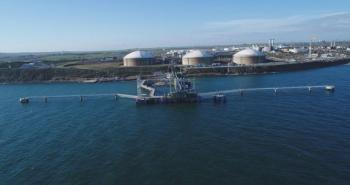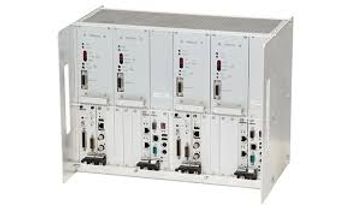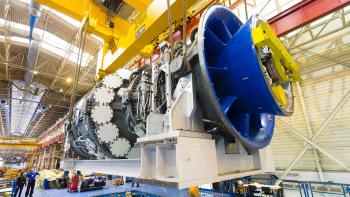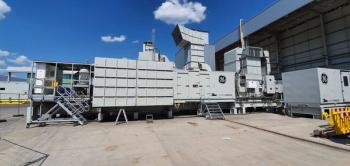
TurboTime Podcast: Ammonia with the Myth Busters
In this episode of the TurboTime podcast, Myth Buster Klaus Brun and Rainer Kurz discuss ammonia.
During this episode of the TurboTime Podcast, Klaus Brun and Rainer Kurz discuss how hydrogen is transported and its use as an energy carrier. They then discuss how ammonia is produced, its advantages and limitations, and for what industries it’s a suitable solution.
Hydrogen
“We’ve previously talked about hydrogen in some of our Myth Buster podcasts and how it’s relevant to a decarbonized energy economy as an energy carrier. Unfortunately, hydrogen itself has a lot of nasty characteristics: it's hard to compress, highly flammable, as a gas it’s not easy to deal with, etc. From a transportation and storage perspective, it leaks, has many safety issues, causes hydrogen embrittlement, etc., making it difficult to transport.”
Ammonia
“Making ammonia is nothing new. We know how to how the process works, but it is an energy-intensive process. But ammonia is a very toxic gas. It causes skin burns rapidly if you touch it in liquid form. In vapor form, even at less than 100 PPMs, it’s very irritating, so it creates a lot of issues from the handling perspective.”
Newsletter
Power your knowledge with the latest in turbine technology, engineering advances, and energy solutions—subscribe to Turbomachinery International today.




